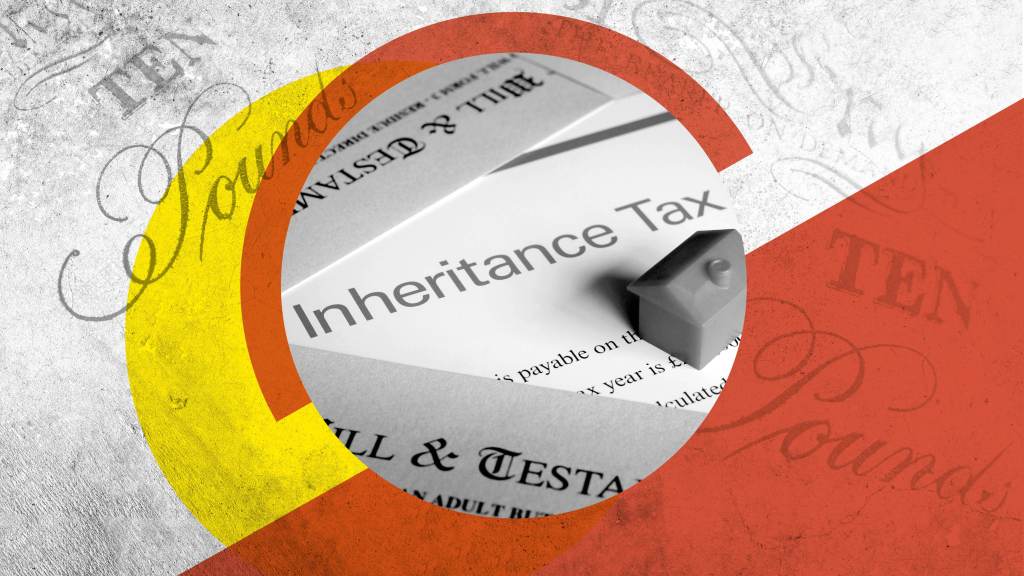Should Inherited Wealth Be Taxed? A Debate on Inheritance Tax Reform
Rachel Reeves is reportedly contemplating significant changes to inheritance tax (IHT) as a means to address the gaps in public finances. This raises the question of whether it would be more effective to tax individual heirs instead of taxing the estate as a whole.
Molly Broome, an economist at The Resolution Foundation, suggests that reworking IHT could provide much-needed revenue. Currently, the system is filled with loopholes that facilitate avoidance. Closing specific loopholes related to business and agricultural relief could potentially generate as much as £2 billion annually.
Moreover, a bold alternative would involve eliminating IHT entirely and instituting a new tax-free allowance for lifetime gifts and inheritances. Any significant contributions or inheritances exceeding this allowance would be taxed, with the burden resting on the recipient.

This proposed shift would rectify several issues with IHT. Primarily, converting the tax from one based on the donor’s gifts to one on the beneficiary’s income could align the tax with public perception, making it more comprehensible. Currently viewed as a tax on living family members, it is logical for IHT to function as a tax imposed on those receiving inheritances.
The proposed change would also eliminate a major loophole exploited to evade IHT: the strategy of transferring assets before death. This tactic is typically used by the affluent, allowing them to give away large sums at their discretion—a privilege not available to the majority.
Shifting the focus from estate taxation to a lifetime allowance would also promote broader distribution of inheritances. It would be financially wiser to divide an inheritance among several recipients, each benefiting from their own lifetime tax-free allowance, rather than concentrating it all on one individual. Even if motivated by tax minimization, the broader dispersion of wealth across generations benefits society.
Implementing a lifetime allowance would also align the UK’s IHT framework with international standards. According to the Organisation for Economic Co-operation and Development, the existing estate-based model is an outlier globally. Given the public’s disdain for IHT, this new approach could find considerable support.
Taxing those who inherit would simplify the understanding of IHT, curtail avoidance tactics, generate essential revenue, and enhance wealth transfer across society.
No
Darwin Friend of the TaxPayers’ Alliance, a group advocating for reduced taxes, argues against IHT reform. Often referred to as the “death tax,” inheritance tax is widely disliked due to its perceived unfairness and complexity that burden families during their most challenging times.
Since its introduction in 1986, numerous proposals have sought to alleviate the most troubling aspects of IHT. Although suggestions have included raising the tax-free threshold from £325,000 to £1 million, the definitive solution may well be to eliminate IHT entirely rather than allow its perpetuation as a meager revenue source.

Unfortunately, the trend appears to be towards making IHT even more detrimental. Proposals aimed at lowering thresholds or extending the seven-year gifting rule would disrupt family financial planning and instill anxiety among taxpayers nationwide.
The notion of introducing a lifetime allowance tax is particularly unwelcome, perceived as an unwarranted intrusion into personal finances, compelling taxpayers to track and reveal gifts exceeding a set amount.
Challenges arise in the valuation of various gifts such as interest-free loans, holidays, accommodations, and treasured family possessions, leading to potential disputes over what should be included or excluded from taxation.
Moreover, reforms adjusting tax rates based on a recipient’s income would perpetuate a divisive political sentiment centered around envy—a troubling trend. The wealthiest 1% account for a disproportionate share of income tax revenue, contributing nearly 29% while earning just 13.3% of total income.
Continuing this taxation strategy against those who primarily fund public services could lead to a heavier burden on average taxpayers. The government should strongly consider avoiding any income-based tax initiatives related to inheritance.




Post Comment